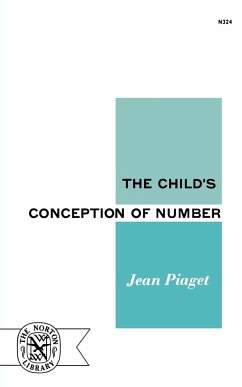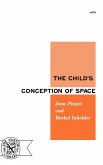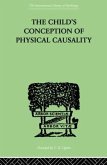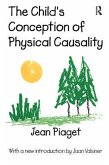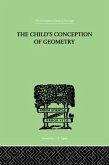Professor Piaget discusses a set of investigations he and a team of co-workers carried out on the genesis of the notion of number in the child's mind. By asking questions freely, they were able to gather valuable statements from children about the actions they were asked to perform with experimental objects. Beginning with the hypothesis that the construction of number goes hand-in-hand with the development of logic, the research team set out to diagnose developing number-relevant capabilities more basic than those involved in counting and routine primary-school number work. The aim was to study the essential properties of the number system and the underlying assumptions which adults make about the behavior of numbers. The first experiments dealt with the child's ability to grasp the ideas of conservation of quantity and conservation of number. These led to investigations on the ability to coordinate corresponding sets and a study of the cardinal and ordinal aspects of numbers and their interrelationships. The final experiments dealt with the child's growing awareness of basic additive and multiplicative properties of numbers. Piaget sees classes, relations, and numbers as cognitive domains which develop in an intertwined, mutually dependent way. From these experiments, he concludes that "number is organized, stage after stage, in close connection with the gradual elaboration of systems of inclusions (hierarchy of logical classes) and systems of asymmetrical relations (qualitative seriations), the sequence of numbers thus resulting from an operational synthesis of classification and seriation."
Hinweis: Dieser Artikel kann nur an eine deutsche Lieferadresse ausgeliefert werden.
Hinweis: Dieser Artikel kann nur an eine deutsche Lieferadresse ausgeliefert werden.

